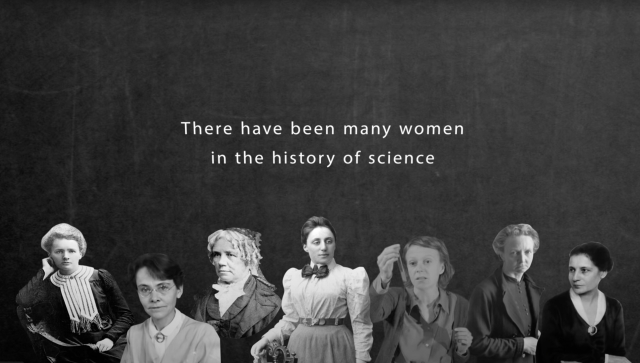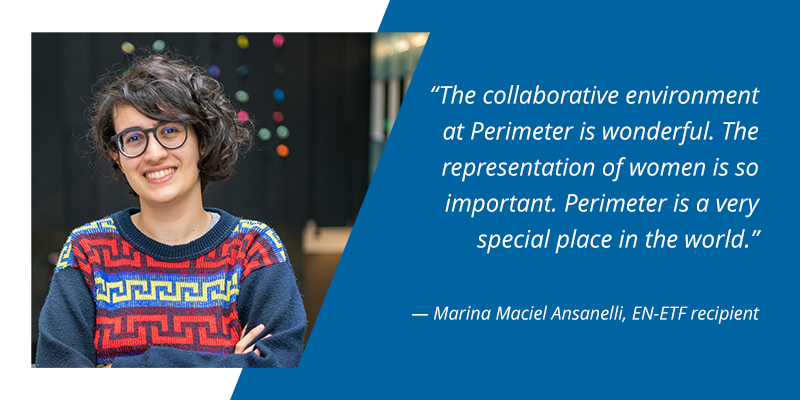Even as a child, Marina Maciel Ansanelli knew she wanted to be a scientist. She was the sort of child with boundless curiosity and an endless stream of “why” questions.
Her parents encouraged her interest in science and took her to science museums in her native Brazil.
She never grew out of her wonder—or her questions—and today, as she pursues her PhD in quantum foundations, she collaborates with scientists asking some of the deepest “why” questions there are about nature.
Quantum foundations is a branch of theoretical physics that seeks to understand the differences between our classical everyday world and the quantum realm. As Ansanelli says, “Quantum theory was developed in the early 20th century, but we are still unclear about what the theory says about our reality.”
We know, for example, that quantum computers, machines that compute using quantum particles, can have a “quantum advantage” in tackling certain types of problems compared to our everyday “classical” computers. “But,” says Ansanelli, “what we really don’t understand is: Why?”
She discovered her love of physics during middle school, when she was studying for Science Olympiad competitions. “I just thought it was mind-blowing,” she says.
In 2019, Ansanelli came to Perimeter for the first time as part of the PSI Start Program, a summer school for undergraduate students hoping to get into the PSI master’s program. While doing her undergraduate studies in São Paulo, Brazil, she was also one of six winners of Young Physicist fellowships offered through the ICTP South American Institute for Fundamental Research and the Institute of Theoretical Physics in her native Brazil to support students going on to either Perimeter Institute or Princeton University.
By the time she started her PSI master’s program in 2020, the Covid-19 pandemic had forced all the courses to go online. That was a huge challenge for PSI students because physics thrives on collaborations. But Ansanelli says Perimeter did a good job of encouraging students to stay connected with one another, even though they were doing the entire program remotely.
Now, she is thrilled to be back at Perimeter, in person, for her PhD program. Leading quantum foundations researcher Robert Spekkens is her PhD supervisor, and she also works with Elie Wolfe, who is building bridges between an area known as “causal inference” and quantum theory, to better understand cause and effect in the quantum realm.
Ansanelli is also mentoring students in the PSI master’s program, the PSI Start program and the International Summer School for Young Physicists (ISSYP), a two-week online summer school for Canadian and international high school students. Also, for the past year and a half she has been learning Chinese, inspired by the Chinese friends she has met at Perimeter.
Perimeter is unique because of its collaborative environment and the way that it endeavours to make its courses gender balanced and welcoming to women, Ansanelli says.
Prior to coming to Perimeter for the undergraduate summer school and the PSI master’s, Ansanelli says she had never attended physics classes where half of the students were other young women.
Experiencing that here for the first time was “life-changing for me,” she says. She had other young women to share her experiences with, and it made the environment so much more hospitable. “I have even heard from men who say that it makes the environment so much better,” Ansanelli adds.
“The representation of women is so important,” Ansanelli says. “Perimeter is a very special place in the world.”
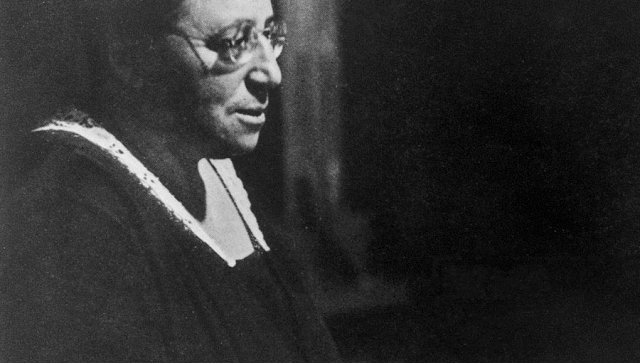
Who was Emmy Noether?
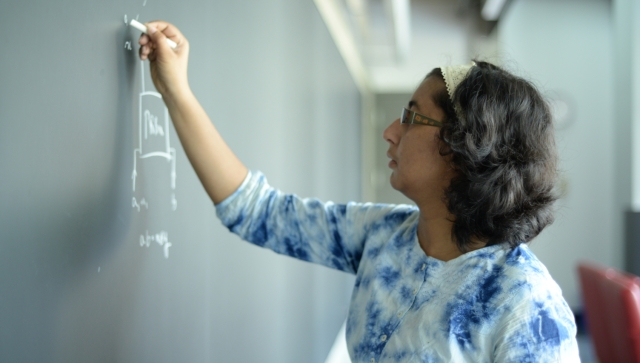
Perimeter's Strategic Plan for EDI

Pourquoi les femmes quittent le domaine de la physique
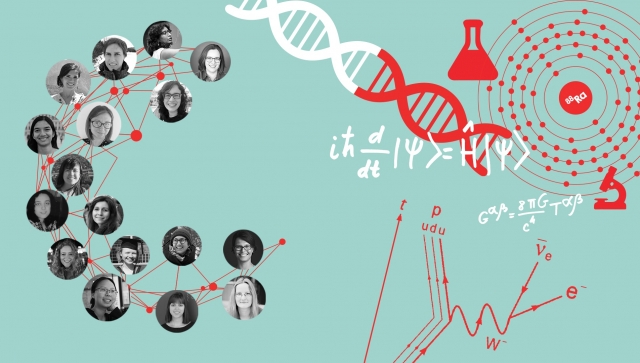
L’expérience des femmes dans le domaine de la physique
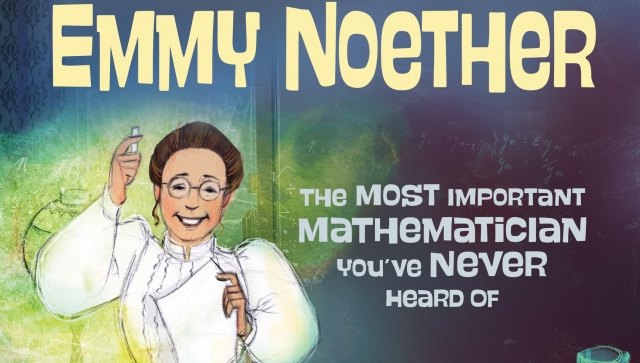
La mathématicienne la plus importante dont vous n’avez jamais entendu parler
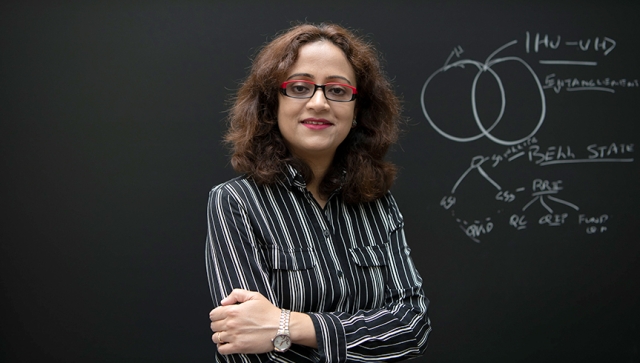
Sparks of discovery at the junction between theory and experiment
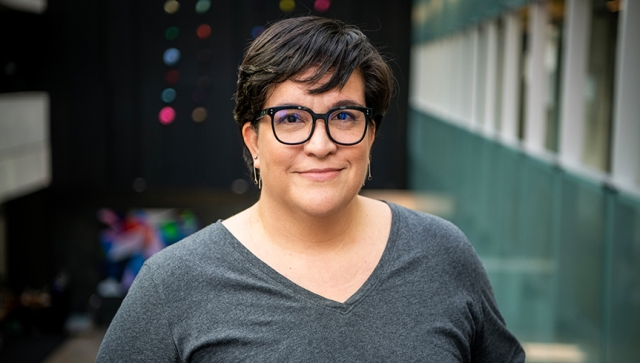
The universe before atoms
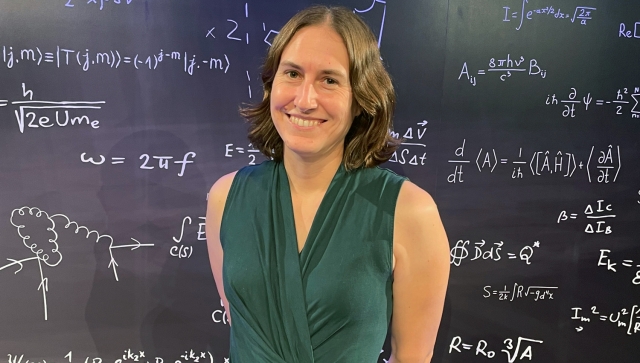
Podcast episode: Katie Mack on the end of it all – and new beginnings
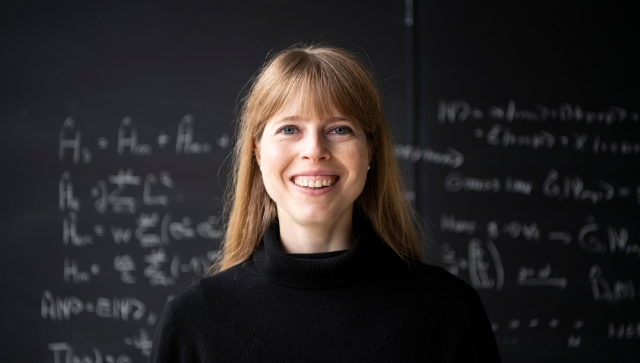
People of PI: Christine Muschik enjoys the best of both worlds
People of PI: Claudia de Rham, unstuck by gravity
